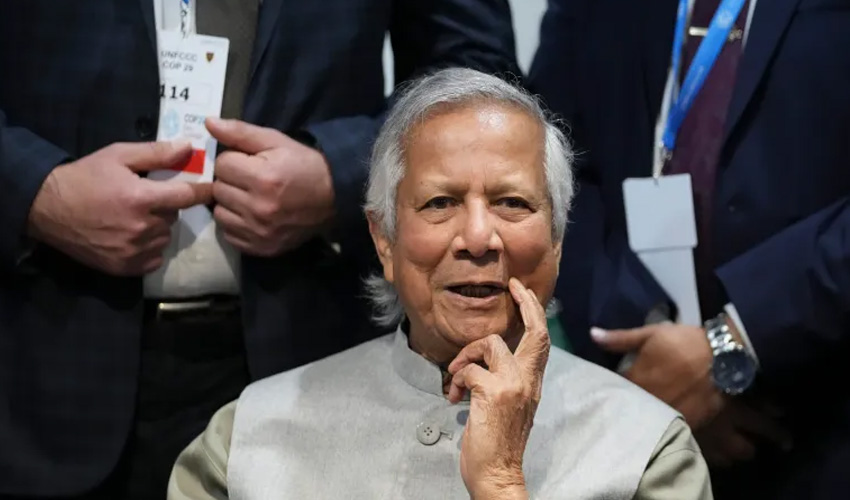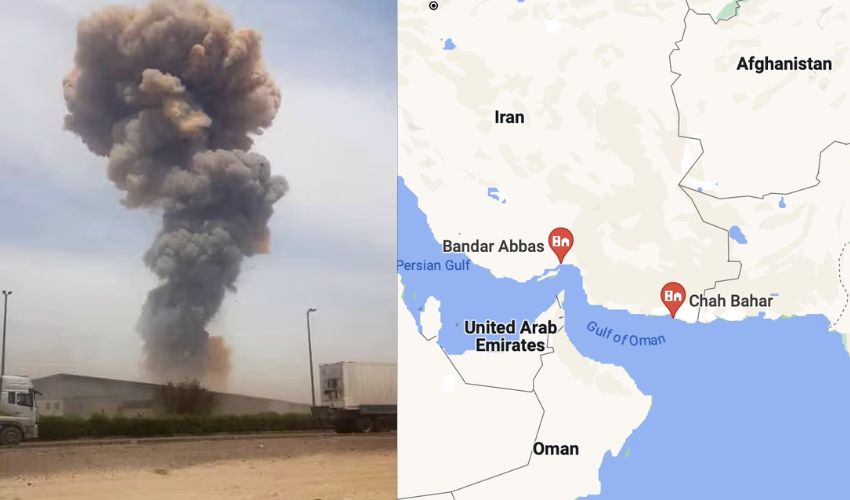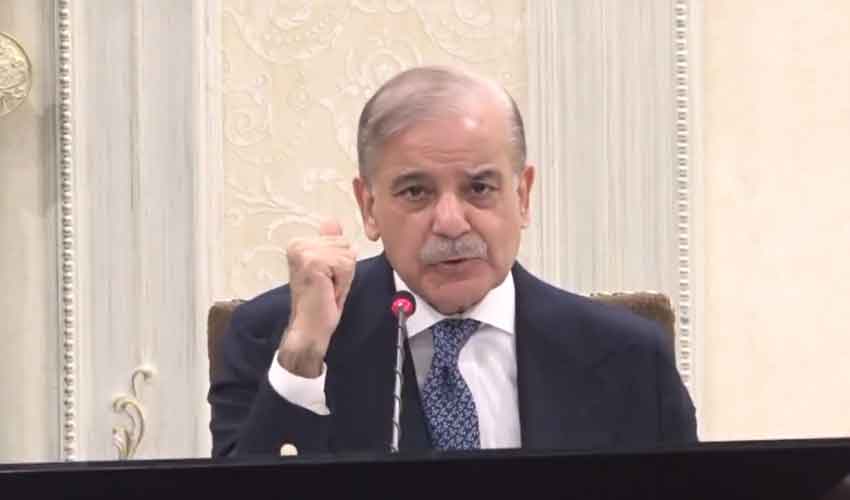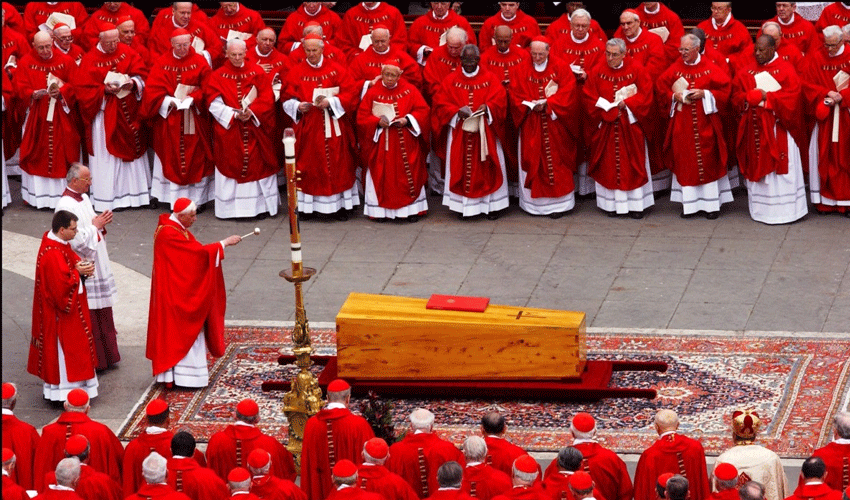Bangladesh’s interim leader Muhammad Yunus has confirmed that the country will hold general elections either in late 2025 or early 2026, following a political crisis that saw the ousting of former Prime Minister Sheikh Hasina in August.
Yunus, the Nobel Peace Prize-winning microfinance pioneer, was appointed as the head of a caretaker government after the student-led uprising that led to Hasina's removal.
In a televised broadcast on Monday, Yunus stated that the election date would be set once reforms were implemented and political parties reached an agreement.
“Election dates could be fixed by the end of 2025 or the first half of 2026,” he said, adding that reforms were essential before any elections could take place.
The 84-year-old leader, who now oversees a temporary administration, has described his role as extremely challenging, emphasizing the need to restore democratic institutions in a country of approximately 170 million people.
"Throughout, I have emphasized that reforms should take place first before the arrangements for an election," Yunus added.
The unrest in Bangladesh reached its peak in early August when Hasina fled the country by helicopter, seeking refuge in neighbouring India as protesters stormed her residence in Dhaka.
The violence leading up to her ouster saw hundreds of deaths, many caused by police gunfire, while reprisal killings targeting Awami League supporters followed her removal.
Hasina’s tenure was marred by accusations of human rights abuses, including extrajudicial killings, mass detentions of political opponents, and widespread politicization of the judiciary and civil service. Critics claim that her administration had manipulated the electoral system, ensuring lopsided results in her favor, and undermining democratic checks on government power.
In response, Yunus has launched several commissions to oversee essential reforms, focusing on electoral integrity and political inclusivity.
He emphasized that if political parties agree to hold the elections with minimum reforms, including the creation of a flawless voter list, the elections could potentially take place by the end of 2025.



























